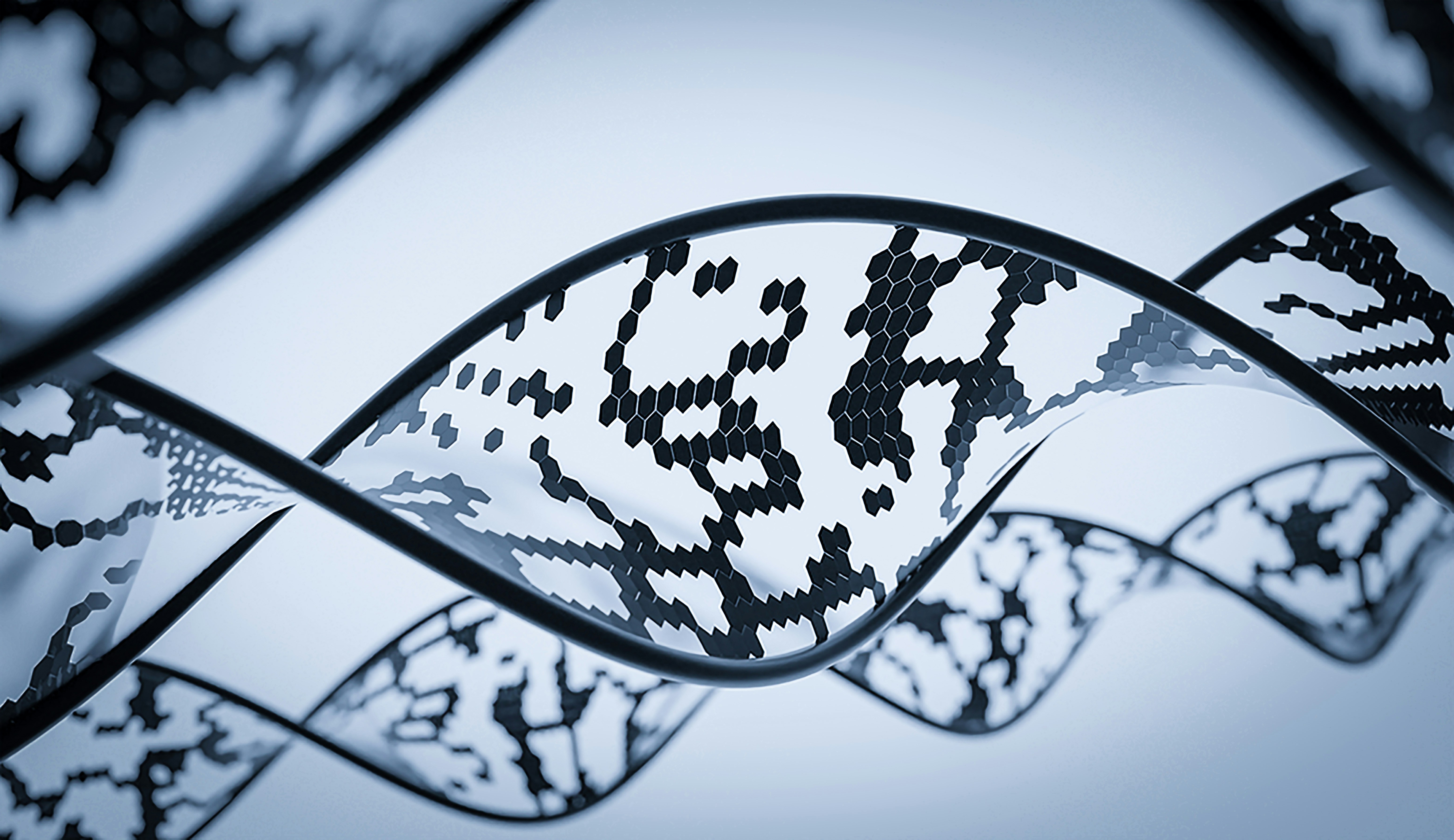DNA Is At Risk Of Hacking - Warn Scientists
- Publicly accessible DNA research is a prime target for hackers
- Risks threaten individual privacy, scientific integrity, and national security
- Government and other agencies need to prioritise investment in cyber-biosecurity research
Next-generation DNA sequencing (NGS) - the same technology which is powering the development of tailor-made medicines, cancer diagnostics, infectious disease tracking, and gene research - could become a prime target for hackers.
A study , published in IEEE Access , highlights growing concerns over how this powerful sequencing tool - if left unsecured - could be exploited for data breaches, privacy violations, and even future biothreats.
Led by Dr Nasreen Anjum from the University of Portsmouth's School of Computing , it is the first comprehensive research study of cyber-biosecurity threats across the entire NGS workflow.
NGS is a cornerstone of modern biotechnology, enabling rapid and cost-effective DNA and RNA sequencing that supports important advances in cancer research, drug development, agricultural innovation and forensic science.
The sequencing process within NGS workflow involves a series of complex, interdependent steps - from sample preparation and sequencing to data analysis and interpretation - each involving highly specialised instruments, technologies, software, and connected systems.
While the steps are essential for generating accurate results, they also open up multiple points of vulnerability. As many DNA datasets are openly accessible online, the study warns it is possible for cybercriminals to misuse the information for surveillance, manipulation, or malicious experimentation.
https://www.port.ac.uk/news-events-and-blogs/news/our-dna-is-at-risk-of-hacking-warn-scientists
View Original | AusPol.co Disclaimer
